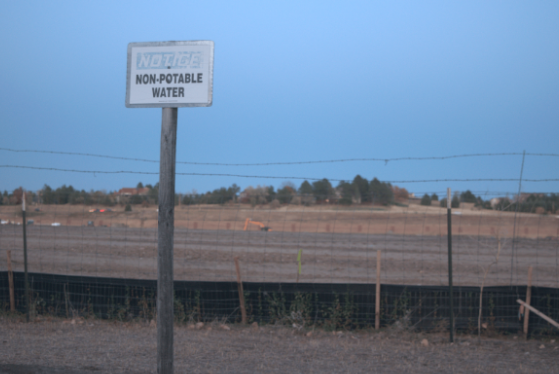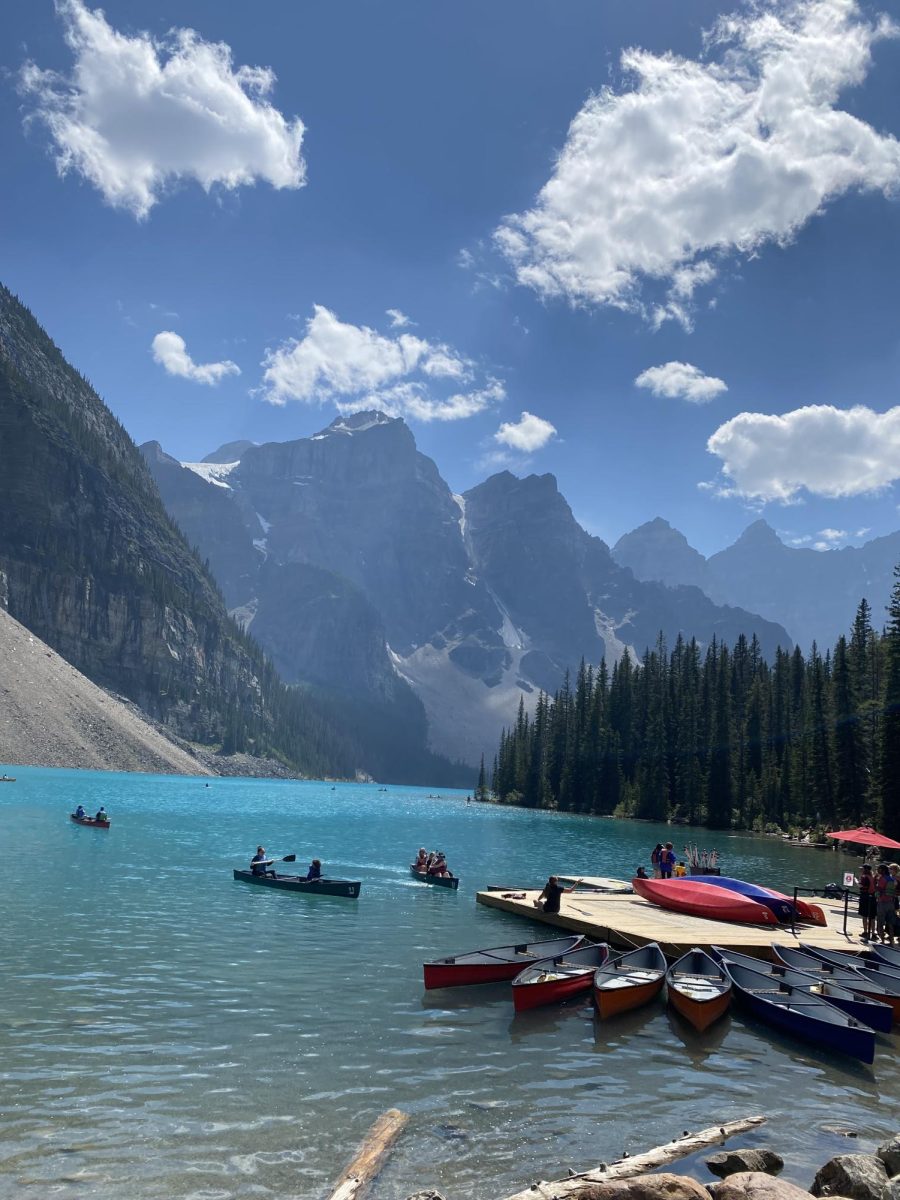Over this fall break, unplug and explore Colorado in a new way.
The memoir Walden by Henry David Thoreau makes every teenager in the 21st century look like wimps. I mean, this guy survived in the wilderness, found food and shelter, and adapted to living outside of civilization with nothing but the clothes on his back. Imagine how hard he would laugh at teens now, glued to cell phones, sick with an insatiable need to refresh their feeds. We, as a generation have made being addicted to our phones the societal norm.
For fall break, I dare you to leave those Snapchats on unopened and explore Colorado in a new way. Grab a handful of friends and get out there– into the wilderness.
I am guilty of using my phone instead of immersing myself in my surroundings. Pictures of my hikes are all you can find on my Instagram and Snapchat feed; but what I can say is that I am never on my phone when there is no reception. For example, whenever I go skiing at A-basin, I leave my phone in my backpack or car, and it feels fantastic to not worry about missed calls or text messages. I can appreciate the beauty around me without the distractions. I have grown to appreciate the lack of temptation in terms of checking my phone.
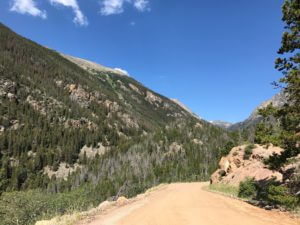
However, whenever I ski in Vail, I am listening to music, texting and Snapchatting a lot of my friends because I am consumed by my phone, and the constant pressure of staying in touch drowns me and my skiing time. It doesn’t feel the same as being up in A-Basin, I don’t feel the same sense of being at peace. It shows how bad a device can rob our enjoyment.
When I visited Boreas Pass in Breckenridge, I felt liberated from my phone because I had no signal and I was in the open. The pass starts on a dirt road with Aspen trees on either side. Two giant granite rocks mark the start of a narrow windy road where only one car can pass. On the other end of the path: a beautiful blue lake full of tiny waves from the slight breeze. The sun bounces off the water, it’s absolutely stunning. If I were on my phone instead of looking out at the environment, I would have missed the view.
As Thoreau would say, “Live in each season as it passes; breathe the air, drink the drink, taste the fruit, and resign yourself to the influence of the earth.”
The problem comes when people live their life from behind their smartphone, which is permanently glued to the end of their fingers ready to take photos. Dave Parrack, UK journalist for the Tech News and Entertainment editor for Makeuseof.com, also concurred that photos make lovely keepsakes to remember an occasion by, but ultimately deprive you of living the full experience if taken excessively.
However, others believe that posting these outdoor activities are not deteriorating the appreciation for the scenery, but allowing them to take notice of Earth’s beauty.
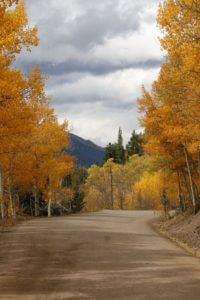
“I think posting on social media can be positive unless it distracts you from experience itself, once or twice is enough and then you should put your phone down and pay attention to real life,” said senior Abby Harris.
Of course, Harris enjoys the scenery even without the phone, but she wants to be able to look at old pictures and videos of that time. I understand taking pictures to admire the beauty of the scenery, but when a person takes out a phone and takes pictures of the moment, their focus is shifted towards making the image look decent for posting and sharing.
Posting pictures to give appreciation for the state we all live in may be a beautiful thing, but it can quickly become a negative use of time. Emily Crist, a senior at Grandview views being outdoors as an essential aspect of her life.
“Outdoor activities can become an obsession and affect one’s self of esteem,” said Crist. In fact, Crist agrees that it is best to admire nature without a cellphone. Teenagers are afraid of missing out, and when scrolling through Instagram or Snapchat, it can make one feel like they aren’t doing the most of their time; making them feel inadequate. However, it is entirely in your control: decide to change your view of social media.
This sense of self ultimately comes down to the purpose and worth of posting, according to Harris, she believes everyone should appreciate nature, Harris encourages others to go out and explore our state as she does, noting the delicate balance between enjoying the scenery in real life and through a lens.
“Losing service didn’t bother me much,” Harris notes. “I visited Barbour Fork and lost service pretty soon into the hike, but it was so beautiful I’m glad I got to experience it without my phone buzzing and distracting me. I could still take pictures to share later if I wanted to, but I wasn’t worried about social media at the moment, and I got to enjoy it.”
For those who think hiking without a phone is difficult, note that some people live entirely unplugged.
“My dad has a cabin in Cripple Creek with no service, and we would go for the weekend without our phones– which I think is healthy and makes you appreciate the beauty more– but I find myself feeling the need to be on my phone checking notifications after being there for too long,” said Crist.
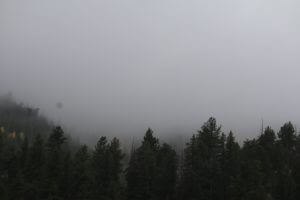
As Thoreau would say, “Live in each season as it passes; breathe the air, drink the drink, taste the fruit, and resign yourself to the influence of the earth.” It is worth it to unplug for a while when enjoying the outdoors. Being in nature, especially in places that don’t have cell phone service, allows people to ease stress and anxiety. In Colorado, escaping into the mountains is the best medicine for anyone that wants to break free of the hostility and strict happenings of city life.
Now, if any of you are willing to take the challenge this upcoming fall break to get away from society and go hiking, biking, camping, skiing, or driving around with friend without opening a single app, I highly recommend these places:
- Boreas Pass in Breckinridge, great for hiking, camping, and driving with friends
- Trail Ridge road in Estes Park, a spectacular view when driving and a meeting wildlife along the way.
- Loveland Pass, a breathtaking view of a local ski basin and a small hike to peak the top.
- White River National Forest, broken down from East of Dillon, West of Rifle and Gypsum.


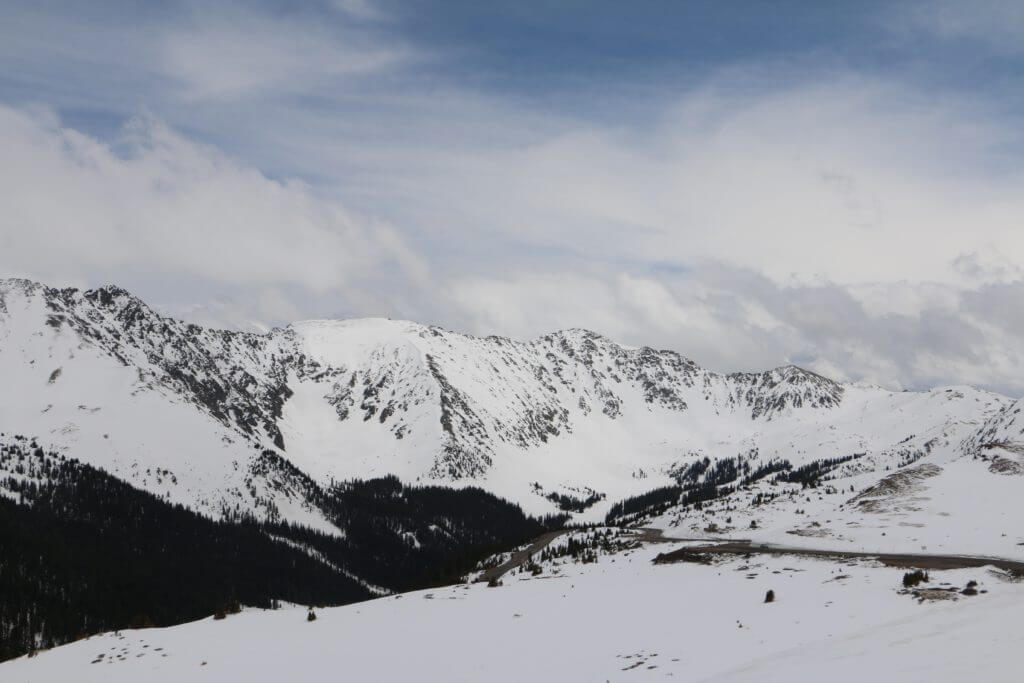

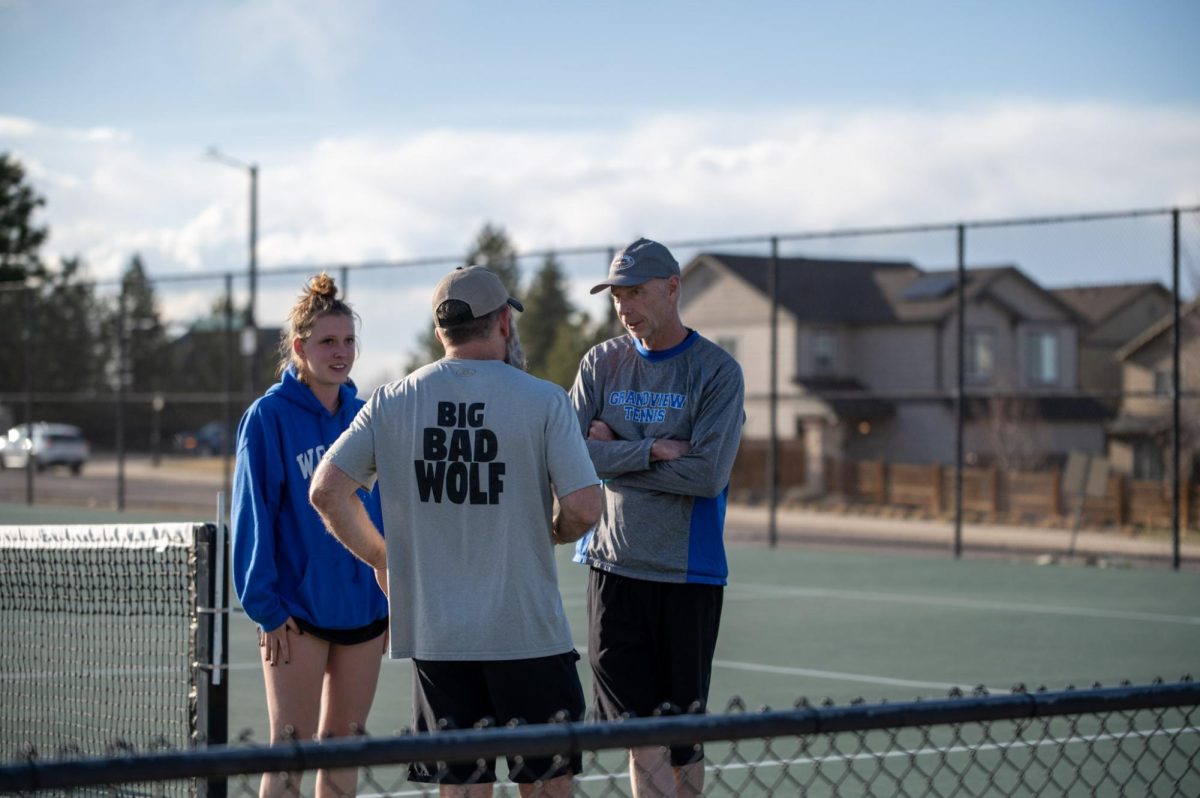



![Baseball Defeats Smoky Hill 11-3 on Senior Night [PHOTO GALLERY]](https://ghschronicle.com/wp-content/uploads/2025/05/Chau_BSB_Smoky-Hill-022-1200x800.jpg)
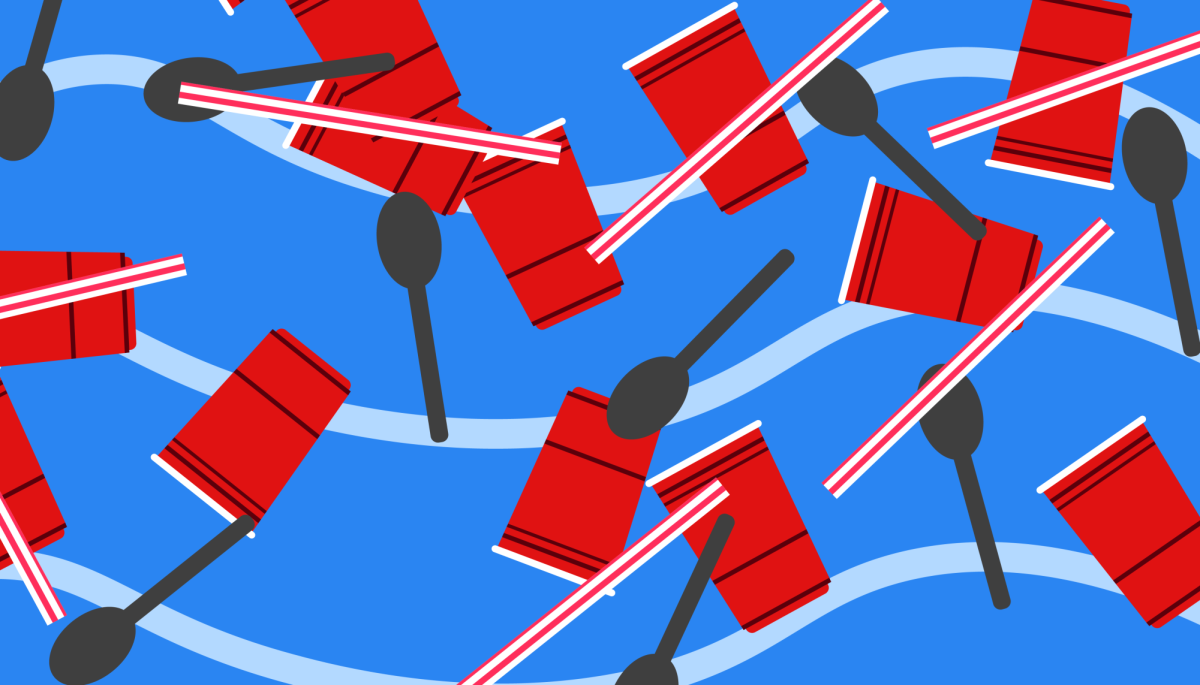


![Spring State Award Assembly 4/30 [PHOTO GALLERY]](https://ghschronicle.com/wp-content/uploads/2025/05/Spring-Assembly-4-30-25-213-1200x800.jpg)

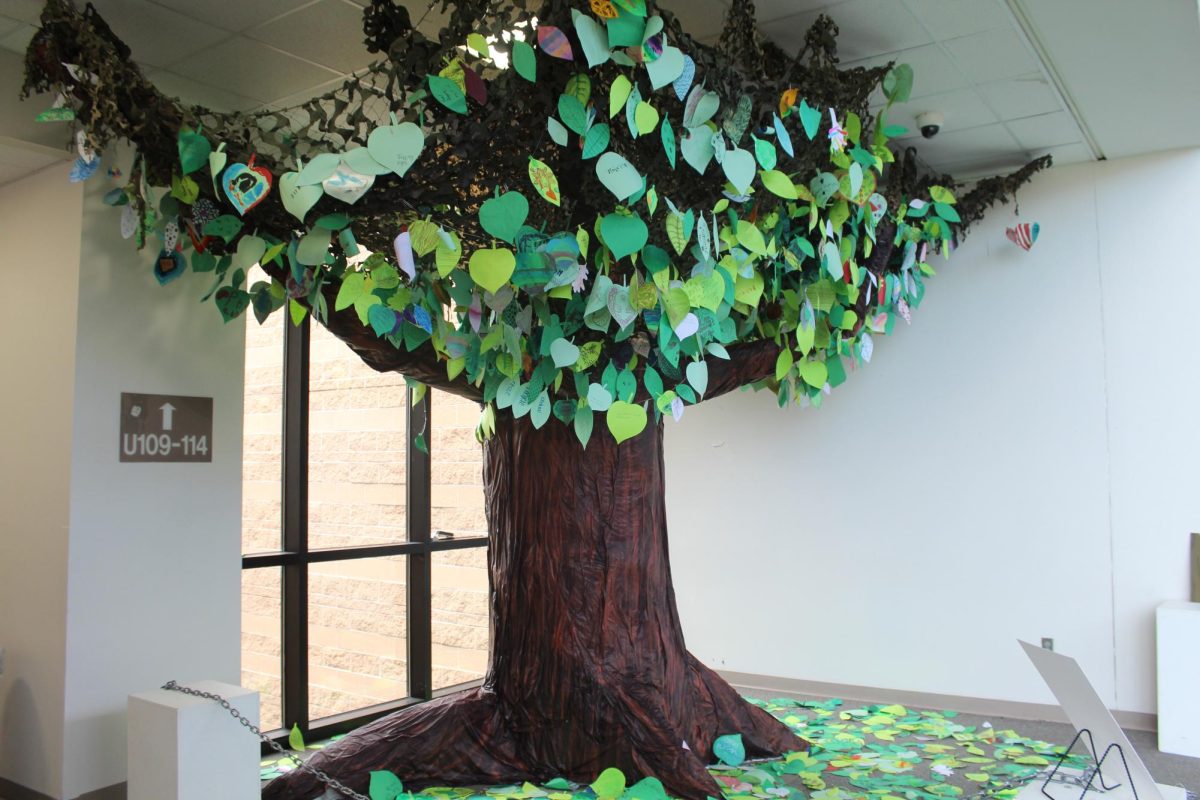
![Executive Order: Ending Radical Indoctrination in K-12 Schooling [OPINION]](https://ghschronicle.com/wp-content/uploads/2025/04/Screenshot-2025-04-23-at-2.51.41 PM-1200x674.png)

